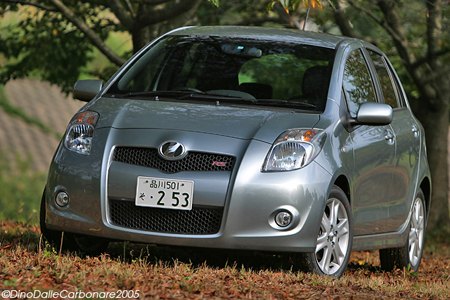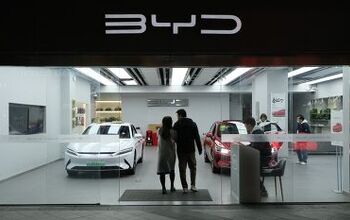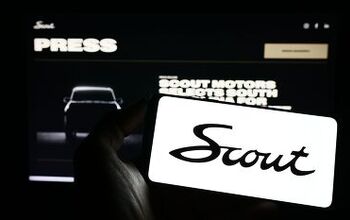Toyota Vehicle Uses Lithium-Ion Batteries. And?
The International Herald Tribune reports that SHOCK! Toyota already offers lithium-ion batteries in a Japan-only vehicle: the Vitz. While the media seems to think the move indicates Toyota's got a leg-up on their Li-Ion chasing (cough Volt) competition, the truth is that the Vitz' laptop-style battery only kicks-in to maintain electricity (for the radio, AC, etc.) when the subcompact's fuel-saving stop – start motor stops. That's a far cry from providing motive power. And it casts doubt about the Trib's contention that the Li-Ion-equipped Vitz "delivers better mileage at about 25 kilometers a liter (60 miles a gallon) in Japanese testing, compared to about 22 kilometers a liter (53 miles a gallon) in the regular Vitz." Anyway, shhh. Mum's the word! "Toyota Executive Vice President Masatami Takimoto told The Associated Press recently the company hasn't marketed the feature aggressively because battery supplies are limited and the company can't respond to massive demand." At the risk of injecting some perspective into this story, Toyota has specifically rejected Li-Ion batteries for its next gen Prius due to concerns over safety, cost and reliability. Not to mention the on-going success of their nickel-metal hydride battery-based Synergy Drive hybrid system. Next?
More by Robert Farago


































Comments
Join the conversation
Mr Carlisimo, With regards to the Prius' mileage. When MPG's are calculated in the United States, do they use a US Gallon or an imperial gallon? A US gallon is smaller (3.8 litres, or thereabouts) than an imperial gallon (4.5 litres, or thereabouts). This could account for lower mileage in the United States than in the rest of the world.
The lithium ion batteries used in the Vitz are a far cry from providing motive power, but so what? The REAL point here is that Toyota has been quietly testing for years now how lithium ion batteries perform in the real world with this Vitz mild hybrid. Even though these batteries are smaller than what a Prius would use, Toyota still has a lot of useful data on how lithium ion in general performs in the real world. This is data that the competition doesn't really have. As for Subaru, the parent company Fuji Heavy Industries has quite a bit of battery experience and guess who Fuji Heavy has close ties with? Toyota.
The Echo nameplate was used last generation in Canada, as in the US. It's the Yaris in both places now. The only difference is that Canada has access to more body styles than the US did/does for both the Echo and the Yaris - the US only gets the 3 door hatch and sedan, while we get the 5 door hatchback as well.